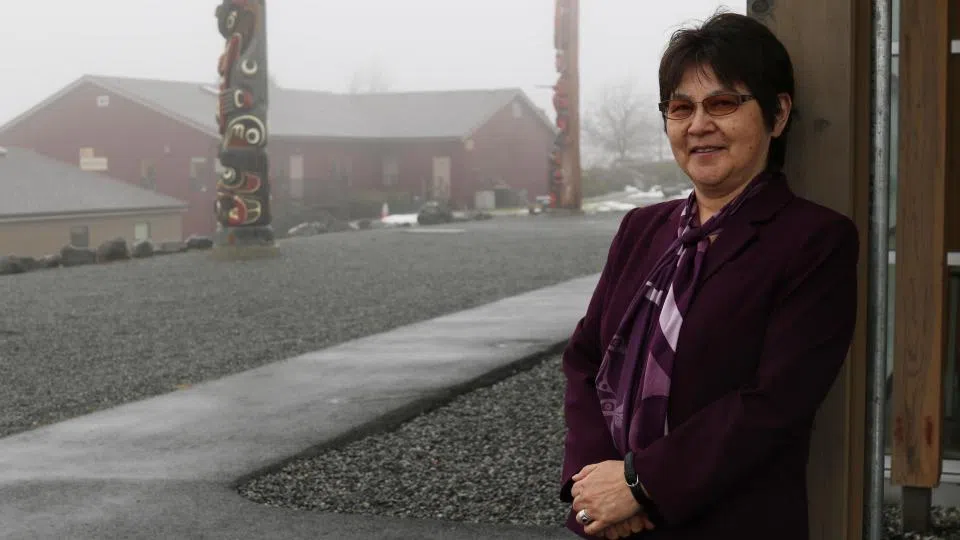
VIU Nanaimo’s first Indigenous counsellor helping students
NANAIMO — Vancouver Island University-Nanaimo’s first Indigenous counsellor is addressing trauma from her student’s past in order to help set the next generation up for a more productive future.
Noelle Hanuse, from Oweekeno and Klahoose First Nations, started at the university’s Nanaimo campus in January. She already has roughly 20 clients, half of whom identify as Indigenous.
“I see my work as soul work,” she said. “The soul has been wounded with historic trauma and I meet a client soul to soul. Because of the systemic genocide that’s been inflicted on many First Nations people, the interventions must address this specific trauma to that individual or group.”
Depression and anxiety are the two most common symptoms she treats.



